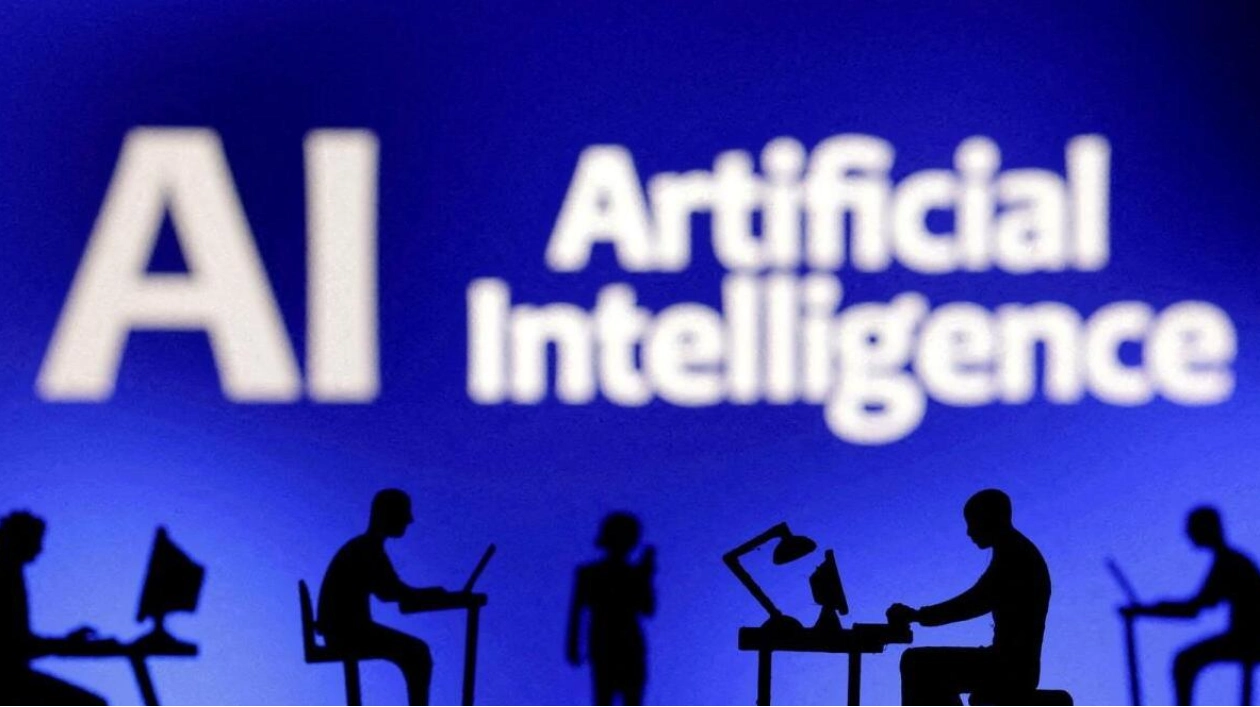A recent report indicates that 75% of sales teams in the UAE have either fully implemented or are experimenting with artificial intelligence (AI), while another 22% are in the process of evaluating the technology. Salesforce's latest State of Sales report emphasizes the importance of balancing technological innovation with the establishment of reliable customer relationships in a competitive market. The primary challenge faced by sales teams in the UAE when integrating AI is the lack of adequate human oversight, according to the report.
The study also reveals that sales representatives are finding it increasingly difficult to allocate time to meet customer demands. Globally, the changing expectations of customers pose the biggest challenge in sales, yet finding the time to engage is a significant hurdle. In the UAE, sales representatives spend only 27% of their workweek interacting with customers. Additionally, 54% of sales professionals in the UAE believe that meeting changing customer expectations is more challenging now than it was last year, with only 13% indicating it is less challenging.
Globally, the adoption of AI in sales is on the rise as teams strive for increased productivity and personalization. However, issues related to integration, security, and customer trust mean that AI's full potential in the sales sector remains untapped. As labor markets become more stringent, sales employees are less likely to change jobs. Globally, the average staff turnover rate has decreased from 25% in 2022 to 18% over the last 12 months. In the UAE, the average staff turnover rate over the past year was approximately 23%, with 4% of sales professionals actively seeking new employment opportunities.
Thierry Nicault, Area Vice-President and General Manager for the Middle East at Salesforce, commented: "The UAE is at the forefront of adopting AI solutions, with most sales teams utilizing innovative applications to improve forecasting accuracy and other benefits. The key challenge moving forward will be effectively leveraging AI to free up time for sales teams and using that extra capacity to strengthen customer relationships."
Overall, new Salesforce research indicates that today's workers trust AI to handle nearly half of their tasks. While there is a preference for collaboration between AI and humans, there is also a growing trust in AI's ability to perform tasks autonomously, such as coding, analyzing data, and drafting communications. However, tasks like onboarding, training, and data security are still predominantly managed by humans, though this may change as trust in AI grows. The research suggests that investments in knowledge and education are crucial for building trust in an AI-driven future.
As technology continues to advance, there is a growing realization of a future where AI can operate independently. The Salesforce research, which surveyed nearly 6,000 people worldwide, shows that workers are enthusiastic about an AI-powered future. They also emphasize the importance of human involvement in building trust, knowledge, and experience with AI tools. Currently, workers trust AI to handle approximately 43% of their tasks, and 77% of global workers are expected to trust AI to operate autonomously in the future. While there is a preference for AI-human collaboration, there is also a growing acceptance of AI handling certain tasks independently. Concerns about AI often stem from a lack of understanding, with 54% of global workers unsure about how AI is implemented or governed in their workplace. Workers who understand AI's implementation and governance are five times more likely to trust AI to operate autonomously within the next two years. Additionally, 62% of workers believe that more skill-building and training opportunities would enhance their trust in AI.
Paula Goldman, Chief Ethical and Humane Use Officer at Salesforce, stated: "Workers are excited about an AI-powered future, and the research indicates that human engagement is key to achieving this. By empowering humans to lead AI systems, we can build trust and drive adoption, enabling workers to fully utilize the capabilities of AI."






